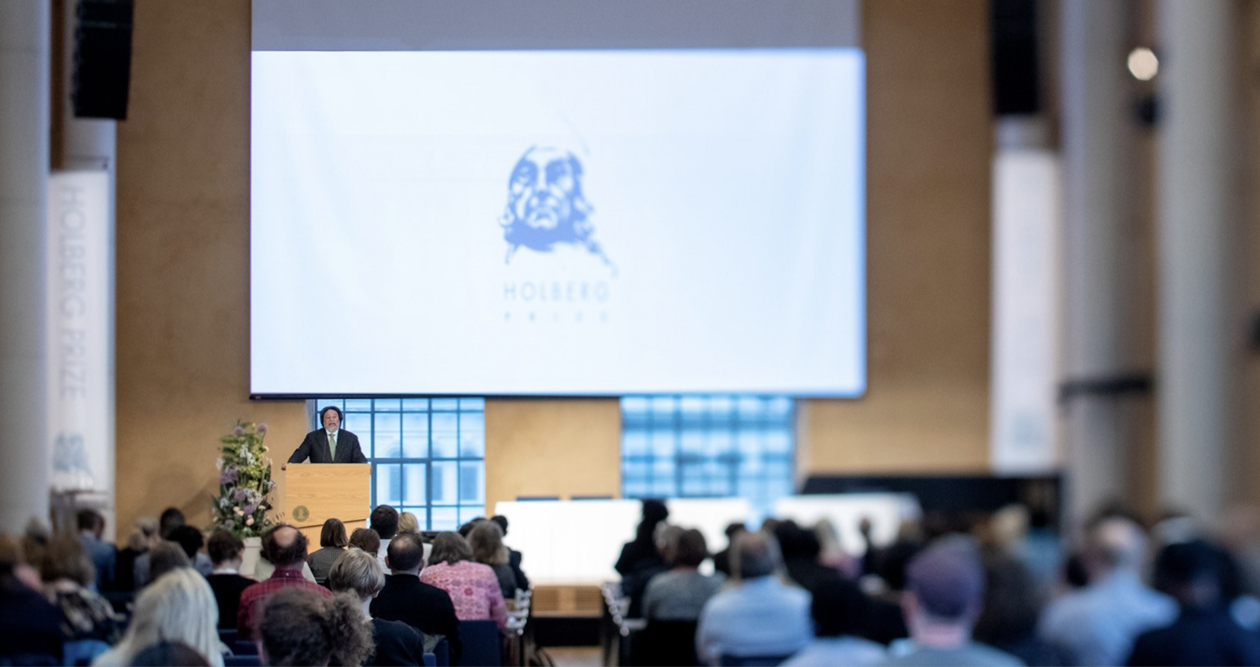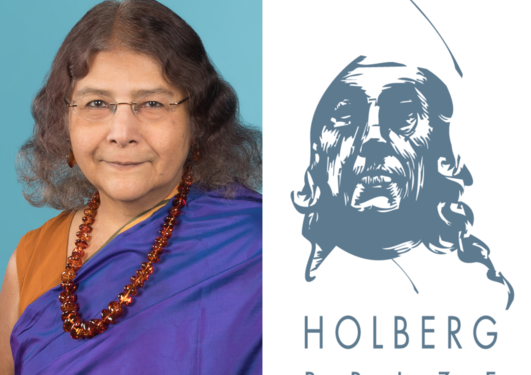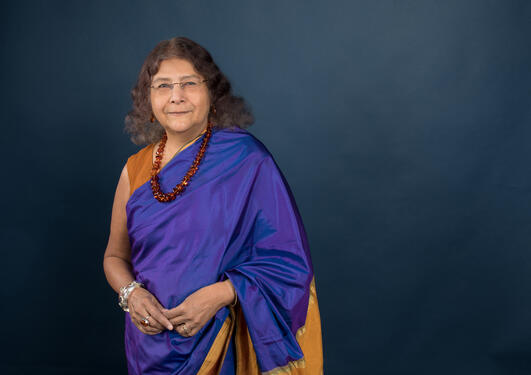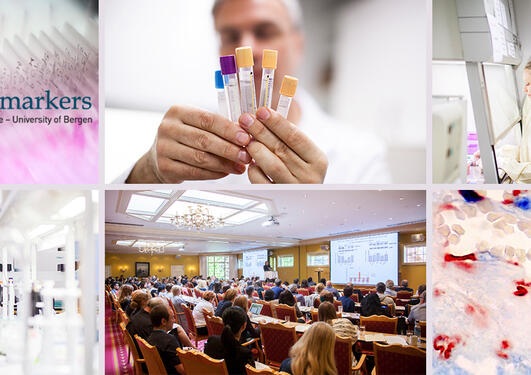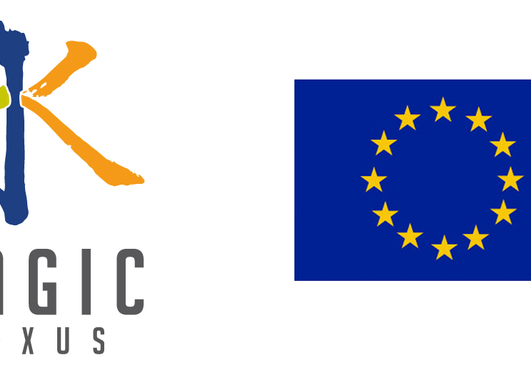How can we study science and technology as social activities?
This question is central to the research of the 2022 Holberg Prize winner, Sheila Jasanoff, who has a long-standing collaboration with University of Bergen researchers.

Main content
Science and Technology Studies (STS) pioneer Jasanoff received the prize for her groundbreaking research in the field. STS examines "the creation, development, and consequences of science and technology in their historical, cultural, and social context."
"I am very happy with the decision of the Holberg jury," says Professor Roger Strand at the Centre for the Study of the Sciences and the Humanities (SVT) at UiB, the Holberg Prize’s expert contact for this year’s laureate.
According to Strand, the SVT has collaborated with Jasanoff for 20 years. During this time, she has supported the centre in project advisory boards, through Bergen-Harvard collaboration agreements within the Centre for Cancer Biomarkers (CCBIO), and in many other ways.
Science and technology do not exist in isolation
Rasmus Slaattelid, SVT’s Head of Centre, says the following about the Holberg Laureate:
"Sheila Jasanoff studies the science-technology-society interface. How are these connected? She takes as her starting point that science and technology do not exist in isolation from the rest of society, but are intertwined in social practices, and are themselves social activities.
How can we study science and technology as social activities? This is a fundamental question that Jasanoff’s research has tried to answer. The results of her research have been very influential in the field of STS."
STS at the SVT
Quite a few of SVT’s researchers contribute within the field of STS. An example is the proposed Centre of Excellence (CoE) Centre of Actionable Knowledges, AcKnowledges, which mentions STS as one of the fields on which the proposed CoE builds.
In the CoE application, Jasanoff’s 2021 article Humility in the Anthropocene is listed as one of the key examples of the science-policy interface literature the proposed CoE takes as its starting point. Should it be funded, the centre will be established at the SVT towards the end of 2022.
Sociotechnical imaginaries
An important inspiration for SVT’s work is Jasanoff’s concept of sociotechnical imaginaries, according to Roger Strand. In their article Containing the Atom: Sociotechnical Imaginaries and Nuclear Power in the United States and North Korea, Jasanoff and co-author Sang-Hyun Kim provide the following definition of this concept: " … collectively imagined forms of social life and social order reflected in the design and fulfillment of nation-specific and/or technological projects.”
"This concept has been particularly inspirational for CCBIO and the work of the recently completed Horizon 2020 project MAGIC, in which the SVT was a partner," says Strand.
The notion of sociotechnical imaginaries is also central in a recently released open access book by Strand and SVT colleague Anne Bremer, Precision Oncology and Cancer Biomarkers. From the introduction of the book:
"In addressing the issues at stake and matters of concern around precision oncology and cancer biomarker research, the authors come to see precision oncology as a sociotechnical imaginary, around which a high degree of confusion between hope and reality is observed, and where debates around the feasibility and desirability of precision medicine are altogether political, social, ethical, scientific and medical."
Agreement a result of interaction between science and politics
A few days after the announcement of the 2022 Holberg Prize winner, Strand and his colleague at SVT, associate professor Kjetil Rommetveit, wrote an article in Norwegian daily Aftenposten about this year’s laureate. The article was published in the newspaper’s science communication feature Viten, to which researchers and experts from around the country contribute.
In the piece, Hvorfor blir vi enige om noe som helst? (Why do we agree on anything at all?) Strand and Rommetveit argue that by naming Jasanoff this year’s winner, the Holberg Prize has championed a more nuanced view of the public role of science in democratic societies.
According to the authors, Jasanoff’s response to the question posed in the article’s title is the simple, and perhaps provocative answer: Agreement arises in the interaction between science and politics.
Roger Strand also published an essay about Sheila Jasanoff in Morgenbladet in June: Hvorfor kan ikke rektorer og statsråder sette seg inn i kunnskapen om forskningspolitikk? Morgenbladet is a Norwegian independent, weekly newspaper with a focus on politics, culture and research.
Seminar series on Jasanoff’s work
To celebrate the 2022 Holberg Laureate and explore the scholarship for which the prize was awarded, the SVT has organized a mini-seminar series about Sheila Jasanoff led by researchers at the centre:
- 22 April: Sheila Jasanoff - Main concepts
- 29 April: Sheila Jasanoff - Applications
- 5 May: Sheila Jasanoff - Implications
The series will introduce Jasanoff’s work, show diverse examples of practical applications of her central concepts, and discuss the normative implications of her scholarship.
See also Roger Strand in conversation with Jasanoff here: The 2022 Holberg Conversation.
